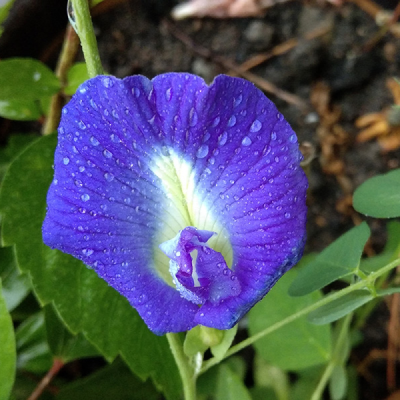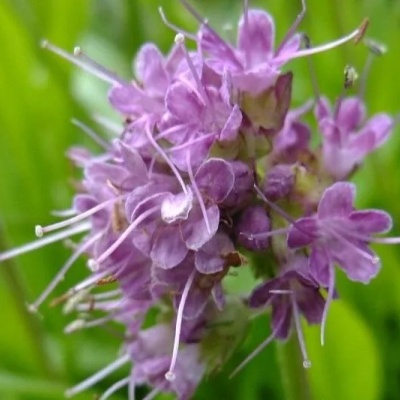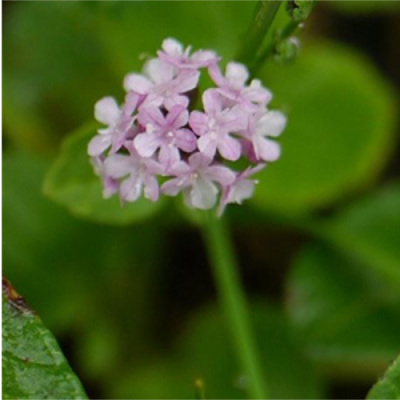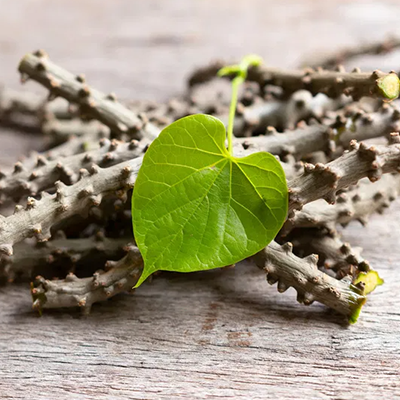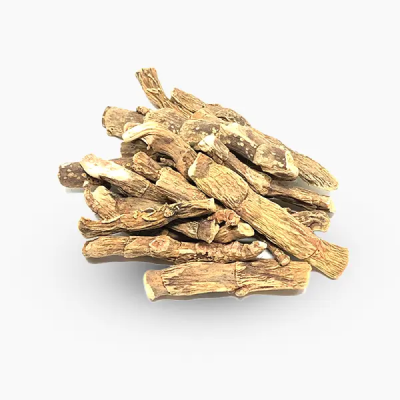Organic Mood Disorder also known as Mood Disorder Due to a General Medical Condition, refers to disturbances in mood (depression, mania, or both) that result from physiological effects of a medical condition. Unlike primary mood disorders, it arises directly from structural, functional, or biochemical abnormalities in the brain.
Causes of Organic Mood Disorder
Neurological Disorders:
- Stroke
- Traumatic brain injury (TBI)
- Epilepsy
- Parkinson's disease
- Alzheimer's disease
Infections and Inflammatory Conditions
- Encephalitis
- HIV/AIDS
- Systemic Lupus Erythematosus (SLE)
Metabolic and Endocrine Disorders
- Hypothyroidism or hyperthyroidism
- Cushing's syndrome
- Diabetes mellitus
Substance Abuse and Withdrawal
- Alcohol, drugs, or toxins.
Brain Tumours or Lesions:
- Malignant or benign growths affecting mood regulation.
Vitamin Deficiencies
- Deficiency of Vitamin B12 or folate.
Symptoms of Organic Mood Disorder
Symptoms vary based on the underlying condition but often include:
Depressive Symptoms
- Persistent sadness or low mood
- Fatigue and lethargy
- Loss of interest or pleasure in activities
- Sleep disturbances
- Suicidal thoughts or tendencies
Manic Symptoms
- Elevated or irritable mood
- Increased energy and activity
- Racing thoughts
- Impulsive behaviorp
Cognitive and Behavioral Symptoms
- Confusion
- Memory lapses
- Difficulty concentratin
Physical Symptoms:
- Weight changes
- Headaches or unexplained body pain
Ayurvedic Perspective on Organic Mood Disorder
In Ayurveda, Organic Mood Disorder can be linked to imbalances in Manasika Doshas (mental faculties) and Sharirika Doshas (Vata, Pitta, Kapha) influenced by the mind-body connection.
- Vata Imbalance: Leads to anxiety, restlessness, and erratic mood swings.
- Pitta Imbalance: Causes anger, irritability, and manic episodes.
- Kapha Imbalance: Results in depression, lethargy, and apathy.
- Ojas (Vital Energy): Depletion of Ojas leads to weakness of the mind and body, making one prone to mood disorders.
- Prana Vata, Sadhaka Pitta, and Tarpaka Kapha: These sub-doshas play significant roles in brain and emotional health.
Ayurvedic Treatment of Organic Mood Disorder
Detoxification and Cleansing (Shodhana)
To remove toxins and restore balance:
- Virechana (Purgation): Eliminates Pitta-related toxins, calming anger and mania.
- Basti (Enema Therapy): Pacifies Vata dosha, addressing anxiety and restlessness.
- Nasya (Nasal Administration): Administers medicated oils to clear channels in the brain.
- Shirodhara A steady stream of warm medicated oil (like Brahmi oil) poured over the forehead to calm the mind, relieve stress, and enhance sleep.
- Takradhara: Medicated buttermilk is poured on the forehead to soothe anxiety and alleviate symptoms of depression
After cleansing therapies, specific tonics and adaptogens (Rasayanas) are administered to restore mental equilibrium.
Herbal Remedies and Formulations
Ashwagandha (Withania somnifera)
Reduces stress, improves mood, and balances Vata.
Brahmi (Bacopa monnieri)
Enhances cognitive function and relieves mental fatigue.
Shankhpushpi (Convolvulus pluricaulis)
Calms the mind and alleviates depression.
Jatamansi (Nardostachys jatamansi)
Soothes irritability and enhances mental clarity.
Tagara (Valeriana wallichii)
Acts as a natural sedative for insomnia and agitation.
Guduchi (Tinospora cordifolia)
Strengthens immunity and helps manage stress.
Vacha (Acorus calamus)
Stimulates cognitive abilitiand reduces Kapha-related lethargy.
Dietary Guidelines
Include:
- Fresh fruits like bananas and pomegranates.
- Nuts like almonds and walnuts.
- Whole grains and dairy products.
- Spices like turmeric, cardamom, and saffron.
Avoid:
- Excessive spicy, fried, or processed foods.
- Caffeine, alcohol, and smoking.
Lifestyle Modifications
Daily Routine (Dinacharya): Regular sleep, meals, and exercise.
Yoga:
Asanas: Shavasana, Padmasana, and Sarvangasana.
Pranayama: Nadi Shodhana and Bhramari for calming the mind.
Meditation and Mindfulness:
To manage stress and enhance emotional well-being.





